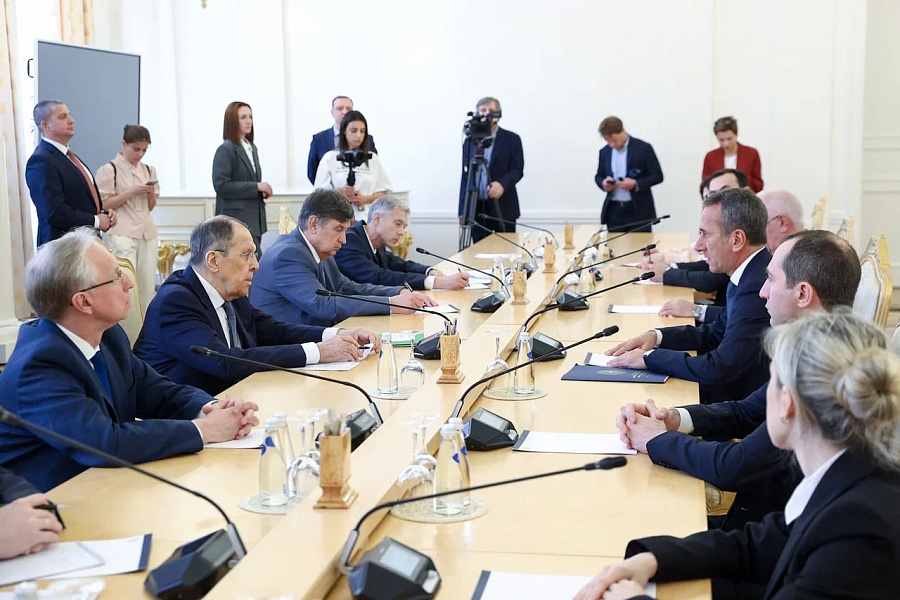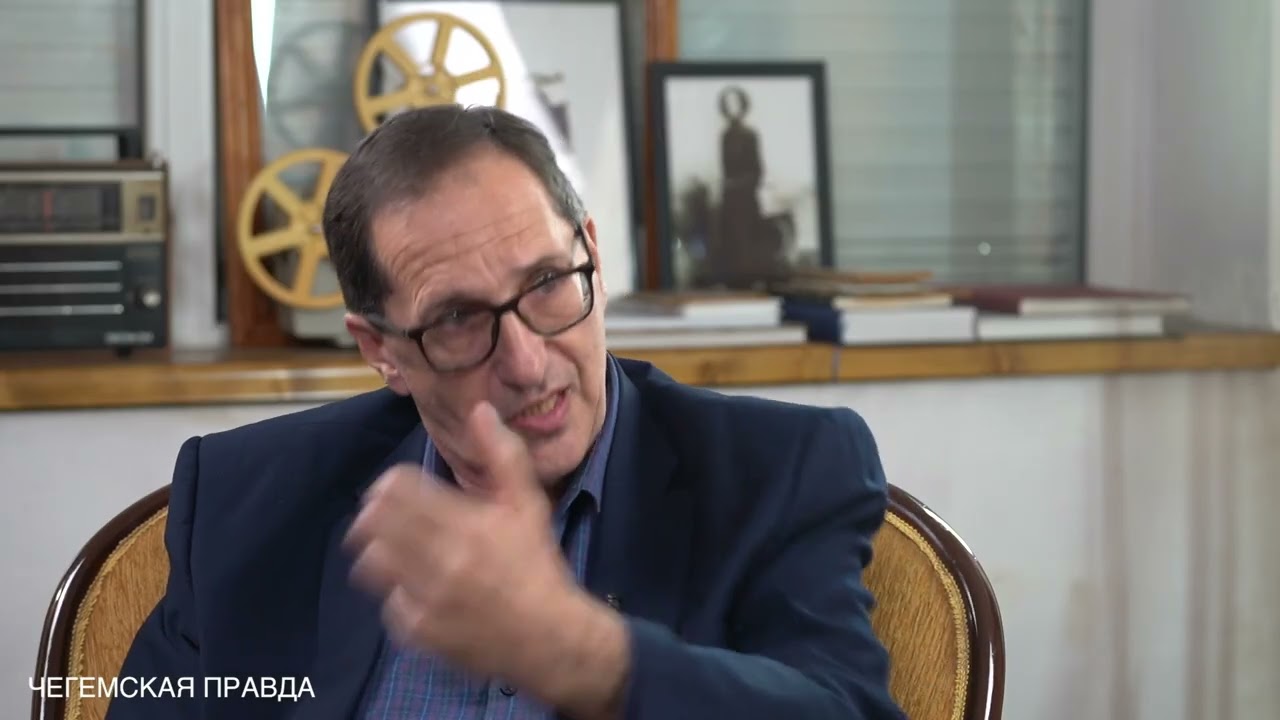Russian investment in Abkhazia
The Abkhaz parliament has begun considering a Russian-Abkhaz agreement on Russian companies carrying out investment projects in Abkhazia.
The very fact that it is being considered in the Parliament marks a new trend. Recent agreements with the Kremlin, signed by the authorities, have proven to be clearly disadvantageous for Abkhazia.
Consequently, the parliament passed a special law. Now, any foreign policy agreement must receive parliamentary approval before being signed.
This time, the president Aslan Bzhania has submitted to the parliament a draft agreement on Russian investments in Abkhazia, which, even with the best of intentions, cannot be seen as beneficial for Abkhazia.
It seems that the authors of the project had two initial goals:
So, what benefits does the Russian investor receive?
They are exempt from customs duties for eight years when importing construction materials and equipment into Abkhazia, as well as from property tax and corporate profit tax from the date the capital construction objects are put into operation.
For the entire period during which the preferential regime is in effect, the Abkhazian budget reimburses the value-added tax if the amount of tax deductions exceeds the total tax amount for the tax period.
The government of Abkhazia is obligated to provide investors covered by this agreement and listed in a separate registry with preferential rights compared to other legal entities for the provision of energy capacities and connections to engineering networks and communications.
Also, the investor has the right to obtain a quota for foreign workers and compensation for damages from the Abkhazian budget.
And so on.
The list of Abkhazia’s obligations to the investor is extensive, while the republic essentially receives nothing in return.
Even the funds that enter Abkhazia as investments will not be “held” by the republic. To this end, the draft agreement provides for the establishment of a Russian bank on the territory of Abkhazia (which contradicts existing legislation), where these funds will be accumulated and serviced.
And if anyone thinks that after the eight-year period ends, an investment flow will finally pour into Abkhazia’s coffers, they are mistaken. This aspect is also covered in the draft agreement: the investing entity in Abkhazia can only be a branch of a Russian company. This allows the lion’s share of taxes to be paid not into the local, but into the Russian budget.
How much such an “investment” will cost the Abkhazian economy is discreetly omitted in the agreement, although even a first-year economics student would say that local businesses will simply go extinct due to such unequal competition within eight years.
The question arises: is president Aslan Bzhania so naive that he does not see all the threats posed by the investment agreement?
Of course, he sees them.
But he has become a hostage to the promises outlined in the 45 points of the special agreement on the “harmonization of the legislation of the Republic of Abkhazia and the Russian Federation.”
Moreover, Moscow has not yet decided whether it will support Bzhania’s candidacy in the upcoming presidential elections, which are only six months away. This likely directly depends on whether the investment agreement will be adopted.


